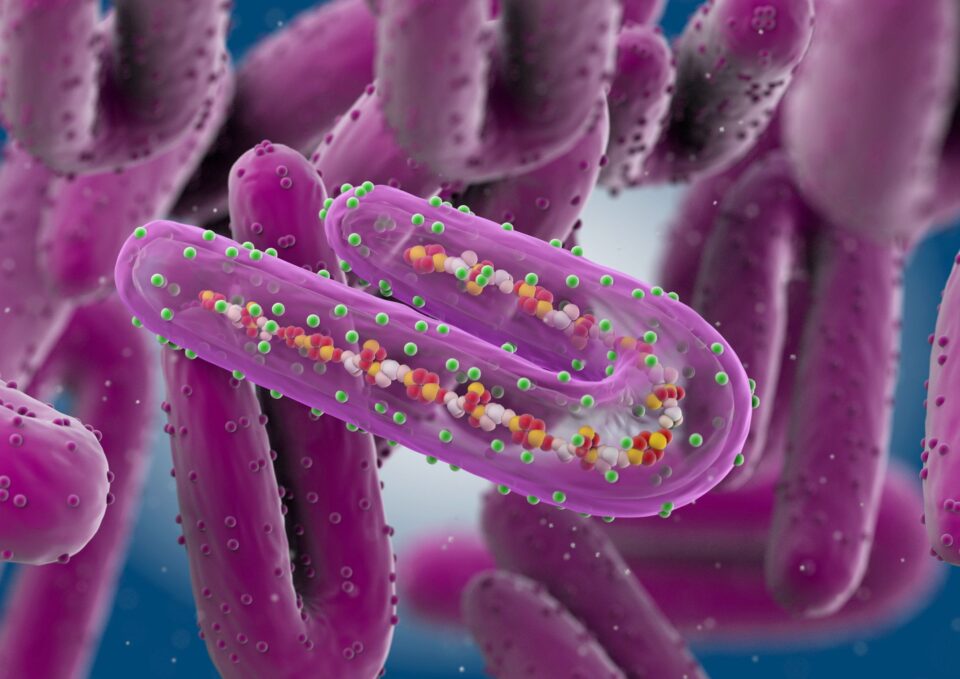Brazzaville/Malabo- Equatorial Guinea today confirmed its first-ever outbreak of Marburg virus disease. Preliminary tests carried out following the deaths of at least nine people in the country’s western Kie Ntem Province turned out positive for the viral haemorrhagic fever, the World Health Organization (WHO) disclosed on Monday, February 13, 2023.
Equatorial Guinean health authorities sent samples to the Institut Pasteur reference laboratory in Senegal with support from World Health Organization (WHO) to determine the cause of the disease after an alert by a district health official on 7 February. Of the eight samples tested at Institut Pasteur, one turned out positive for the virus. So far nine deaths and 16 suspected cases with symptoms including fever, fatigue and blood-stained vomit and diarrhoea have been reported.
Further investigations are ongoing. Advance teams have been deployed in the affected districts to trace contacts, isolate and provide medical care to people showing symptoms of the disease. Efforts are also underway to rapidly mount emergency response, with WHO deploying health emergency experts in epidemiology, case management, infection prevention, laboratory and risk communication to support the national response efforts and secure community collaboration in the outbreak control.
WHO is also facilitating the shipment of laboratory glove tents for sample testing as well as one viral haemorrhagic fever kit that includes personal protective equipment that can be used by 500 health workers.
“Marburg is highly infectious. Thanks to the rapid and decisive action by the Equatorial Guinean authorities in confirming the disease, emergency response can get to full steam quickly so that we save lives and halt the virus as soon as possible,” said Dr Matshidiso Moeti, WHO Regional Director for Africa.
Marburg virus disease is a highly virulent disease that causes haemorrhagic fever, with a fatality ratio of up to 88%. It is in the same family as the virus that causes Ebola virus disease. Illness caused by Marburg virus begins abruptly, with high fever, severe headache and severe malaise. Many patients develop severe haemorrhagic symptoms within seven days. The virus is transmitted to people from fruit bats and spreads among humans through direct contact with the bodily fluids of infected people, surfaces and materials.
There are no vaccines or antiviral treatments approved to treat the virus. However, supportive care – rehydration with oral or intravenous fluids – and treatment of specific symptoms, improves survival. A range of potential treatments, including blood products, immune therapies and drug therapies, as well as candidate vaccines with phase 1 data are being evaluated.

